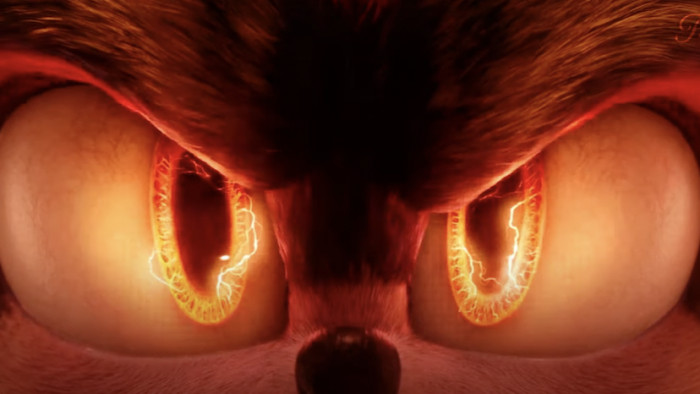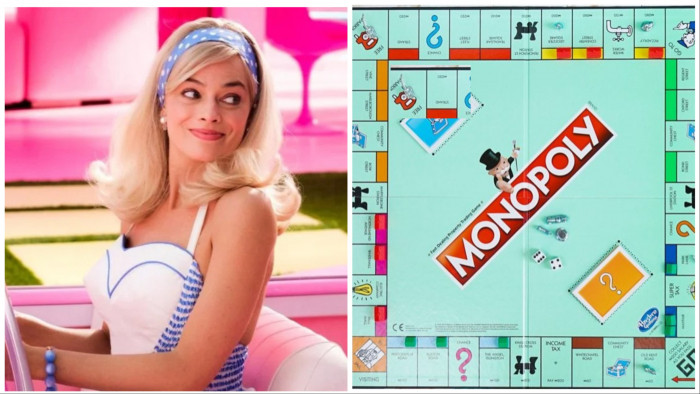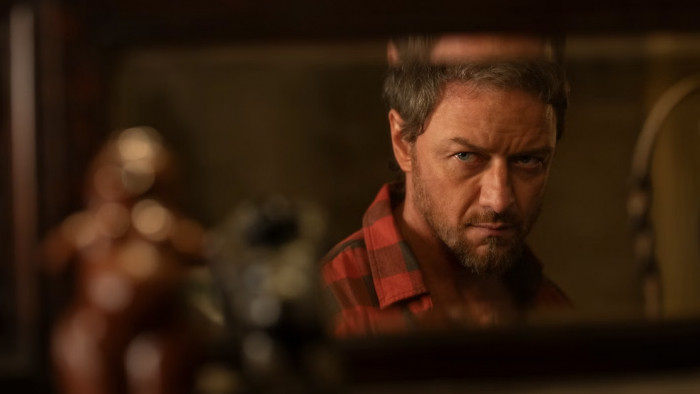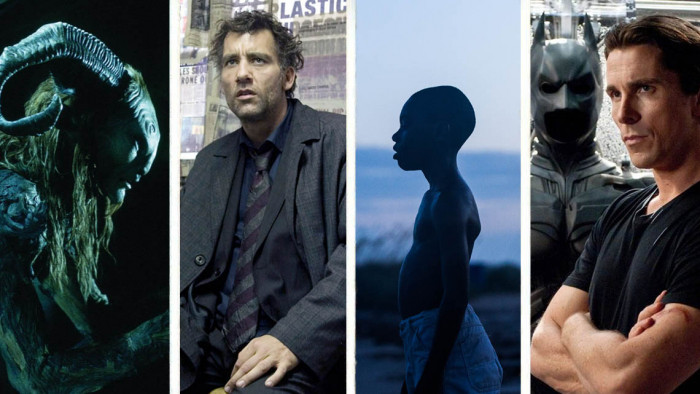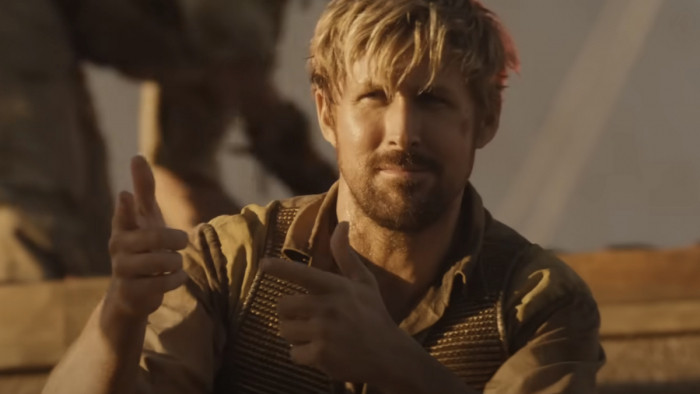Why 'Love Actually' is not the lovely Christmas film you think it is
Time to close the door on December’s most divisive movie


There are several new additions to the festive agenda which, every year, require you to have an opinion: gingerbread-flavoured coffee; the schmaltzy John Lewis advert; politicians’ awkwardly grimacing Christmas cards. Yet none of these are anywhere near as divisive asLove Actually, quite possibly the best worst festive film to have ever graced the silver screen.
In the 14 years since Love Actually was released, a lot has changed. Thus, context is important. It’s a relic, a throwback to a time we’ve pretty much left behind. Take Colin Frissell, the intrepid sex adventurer who heads to America shouting about his “big knob” and succeeds, a sort-of wish fulfilment fantasy for blokes in the era of the lads mag.
Then there’s Colin Firth’s character, who traffics away his twenty-something Portuguese housekeeper with nothing more than a few lines of garbled Portuguese, or Alan Rickman’s hapless boss, who despite being middle-aged and uninterested just can’t help being pounced on by a lingerie-flaunting assistant half his age.

This is a film about men getting what they want, at a juncture when they always did (and often still do now) without consequence. Even the Prime Minister gets to shag his PA while dodging a sexual harassment suit, a dream-come-true for many middle-aged men in Westminster. Hugh Grant’s PM grates on the viewer now, a fawning Tony Blair tribute which falls a little flat in an era which is a little less “Things Can Only Get Better” and a bit more “Nope, things can get a hell of a lot worse”.
A sex pest President? We’ve got one in real life – we don’t need to hear Martine McCutcheon call herself a “prize idiot” for getting groped by one. Yet the female characters in Love Actually exist as nothing more than victims, or playthings, or both. They sit around waiting for men to choose them, and cry to Joni Mitchell when they don’t.
Even the storylines which could easily have been tied up without any romantic subplot chuck supermodels at their doughy, middle-aged protagonists for the hell of it: Liam Neeson’s shy stepdad with Claudia Schiffer, and Bill Nighy’s ageing rockstar with ‘Greta’ (she isn’t afforded the luxury of a surname, or indeed a single line of dialogue).
In fact, the hasty ending of Billy Mack’s story arc is symptomatic of the greater problem with Love Actually. Just moments before we’re given a touching and tender insinuation that his real true love is his manager – a man. Yet the universe of Love Actually is the universe of the early 2000s, so to have Bill Nighy run off with a man his own age would have been just a little bit too woke.

And woke is something Love Actually is not. There are no gay storylines in Love Actually, a film about love in the 21st century. There was a lesbian plotline originally, sure, but Richard Curtis cut it – presumably because it encroached on the amount of screentime devoted to Martin Freeman’s pale and endlessly rutting naked torso.
There are three black characters in Love Actually, not counting the caricaturistic wedding DJ, and they all have about ten lines between them. Despite the film being set in London, it seems more like some sort of nightmarish UKIP ethnostate – a wander up Wandsworth high street sees white faces behind every front door, and one of the only two love interests of colour is Joanna, the American who Neeson’s 11-year-old screen son Sam chases through an airport.

Olivia Olson and Thomas Brodie-Sangster, who play Joanna and Sam
But this was never a film about a real London, was it? It’s a film about a certain type of London, a (probably West) London where everyone lives in picturesque and palatial houses with underfloor heating and cavernous boudoirs, eating crudités and buying each other gold necklaces and telling carol singers on the mews outside to bugger off. Face it: if there’s one thing we don’t need in 2017, it’s a bunch of rich white people sobbing about their love lives in their roomy Chelsea flats. Although we’d still rather Hugh Grant than Theresa May.
(Images: Rex)
Latest
Related Reviews and Shortlists


